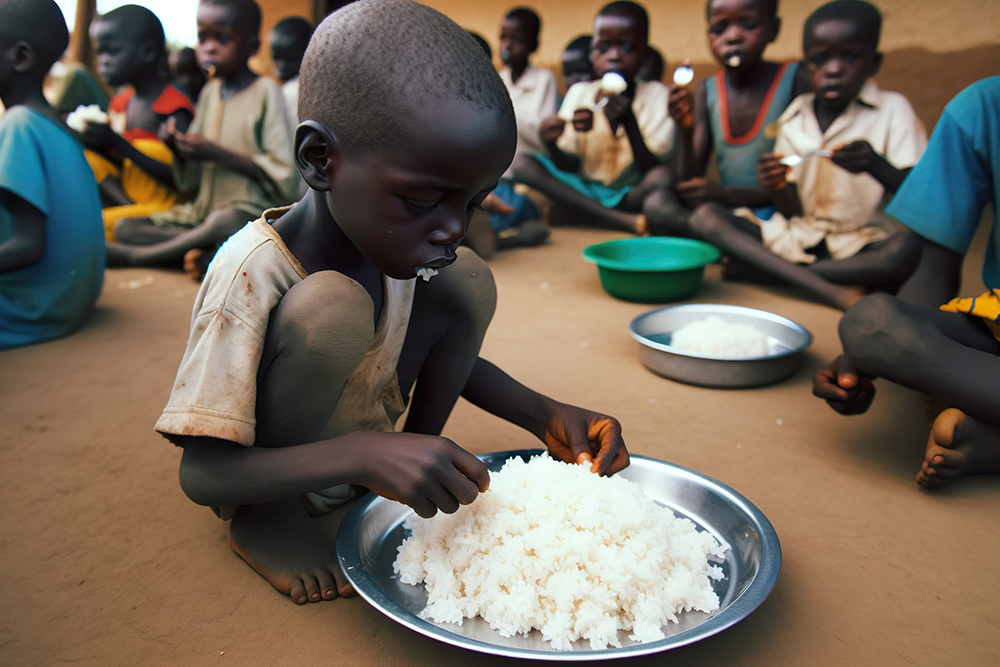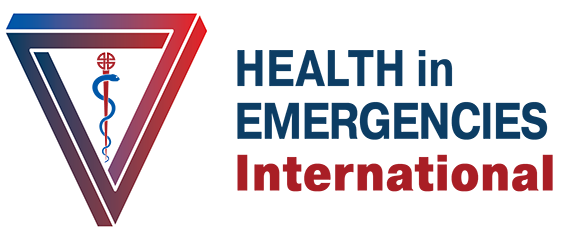Our Services
Planning | Preparedness | Response | Recovery | Evaluation


Planning
Contemporary emergency and disaster planning processes apply health and vulnerability-specific health risk assessments within service delivery resource models to assess likely healthcare needs and demands of affected communities for diagnosis, treatment and care.
Health in Emergencies International provide specialist technical expertise to test the alignment of emergency response operations with hazard-specific threats and test the capacity and capability parameters to respond to affected communities while maintaining ordinal functions.We provide hazard and context-specific advice on improving processes, procedures, and policies within system-wide operations for any emergency, disaster, catastrophe and climate change event that threatens the health of people.
Importantly, Health in Emergencies International uniquely adopts a future-forward position in the assessment and analysis of hazard-threat and exposure-risk scenarios and aligns evidence-based scaled health response dimensions to each specific emergency, disaster and climate change event.
Preparedness
Healthcare systems must test and review emergency and disaster preparedness operations and plans to improve the effectiveness of future responses. Current methodologies typically apply tests based on historical patterns of illness or injury and use modular unilateral hazard impacts which significantly misrepresent health risk and impact potential, including catastrophic failure within systems.
Health in Emergencies International create context-specific analyses to test disaster health responses at all business operational levels within the whole system architecture, assessing preparedness, response, and recovery capabilities relative to exposure and vulnerability dimensions. This ensures health systems can modify, adjust or reorientate activities toward higher-order value functions based on existing resources. Importantly, this approach further identifies opportunities to integrate response coordination across local, regional, and national government organisations with responsibility for emergency and disaster preparation and response.


Response
Every emergency, disaster and catastrophic event increases demand on health services to care for those acutely affected, mitigate the effect of ongoing hazard exposures and manage the healthcare needs of pre-existing patients not affected by the event.
Planning and managing the response to such complexity requires technical expertise, deftness and resourcefulness typically out of reach of most health service structures.
Health in Emergencies International assists health services identify and prioritise life-saving care, while identifying evidence-based interventions to successfully mitigate the risk to vulnerable groups posed by ongoing exposure to the hazard.
Recovery
Health and life risk to people during emergency and disaster events rarely cease once the primary hazard has dissipated. More often, secondary and compounding hazards pose ongoing threats to communities, including health risks associated with service interruption and supply chain breakdowns.
Health in Emergencies International work to support health services recover to predictable and less volatile operating parameters. We provide tools and services that assist healthcare planning, treatment modalities and orientation of services toward vulnerable population groups, including those yet affected by the primary emergency or disaster event.
Program and policy evaluation
Healthcare and medical disciplines have traditionally preferred experimental and quasi-experimental approaches to study the effect of health interventions. These methods are not suited to evaluate the effect and impact of health responses in emergencies, disasters, catastrophes or climate change events. The design of scientifically robust methods to examine the effectiveness of such responses require specialised knowledge and unique technical capability and experience.
Health in Emergencies International have the expert knowledge and experience to examine the influence of emergency and disaster policy on emergency health and medical responses. We specialise in designing scientifically robust evaluation methods and frameworks to examine a wide variety of issues relating to emergency health response inputs, outputs, processes, and activities. These tools and methods can be applied in near-real-time to monitor effects as the emergency or disaster event unfolds or used for the retrospective assessment of the health system response for the purpose of an after-action review (AAR).


